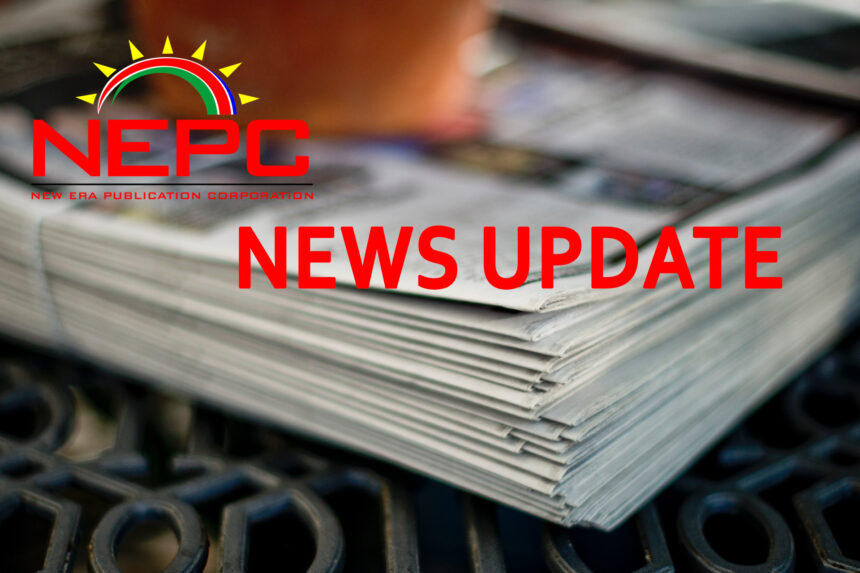OPUWO – The Kunene region has committed to assisting in Namibia’s African Peer Review Mechanism (APRM) process.
The regional leadership urged all stakeholders to collaborate in assisting APRM to achieve its goals, noting that it is through such mechanisms that citizens will learn how the country is performing politically and economically, as well as in social and developmental issues. Kunene Regional Council Chief Regional Officer (CRO) George Kamseb stated during the APRM engagement with Kunene citizens on Thursday that the region is willing to assist APRM by providing the necessary factual information that will attest to and paint a true picture of the country’s governance, as well as encouraging good governance by putting those responsible for the country’s resources under scrutiny.
“It is good that we have such entities that are collecting all data that have to do the country’s governance, and I believe this will be able to give us a certain prerogative on where we’re messing up and how to correct our past mistakes,” he stated.
Kamseb also remarked that the region will work to strengthen its relationship with civil society, considering that society’s goals of fostering good governance align with that of the government.
A delegation from the APRM, a self-monitoring instrument established by African leaders in 2003, is visiting all 14 regions to familiarise locals with the APRM’s operations and accomplishments.
The APRM is one of the ways African leaders have responded to calls for good governance, a self-assessment tool that works as an innovative solution devised and implemented by Africans. APRM experts collaborate with governments and civil society organisations to assess countries’ performance in areas such as democracy and good governance, socioeconomic development, corporate governance, corruption and human rights.
Speaking at the event, Dr Alfons Witbeen, director of the APRM National Secretariat, stated that for Namibia to achieve the pinnacle of economic and political independence, more must be done, particularly to protect natural resources for future generations.
“We need to be futuristic and maintain resources for the next generation, and we can only achieve that through formations of sovereign wealth funds,” he said.
He added that a sovereign wealth fund is required and should be established swiftly since it can assist the government in times of inflation. He also encouraged young people to get involved in agriculture and vocational training initiatives, which he feels are the future of long-term sustainability.
-Nampa



